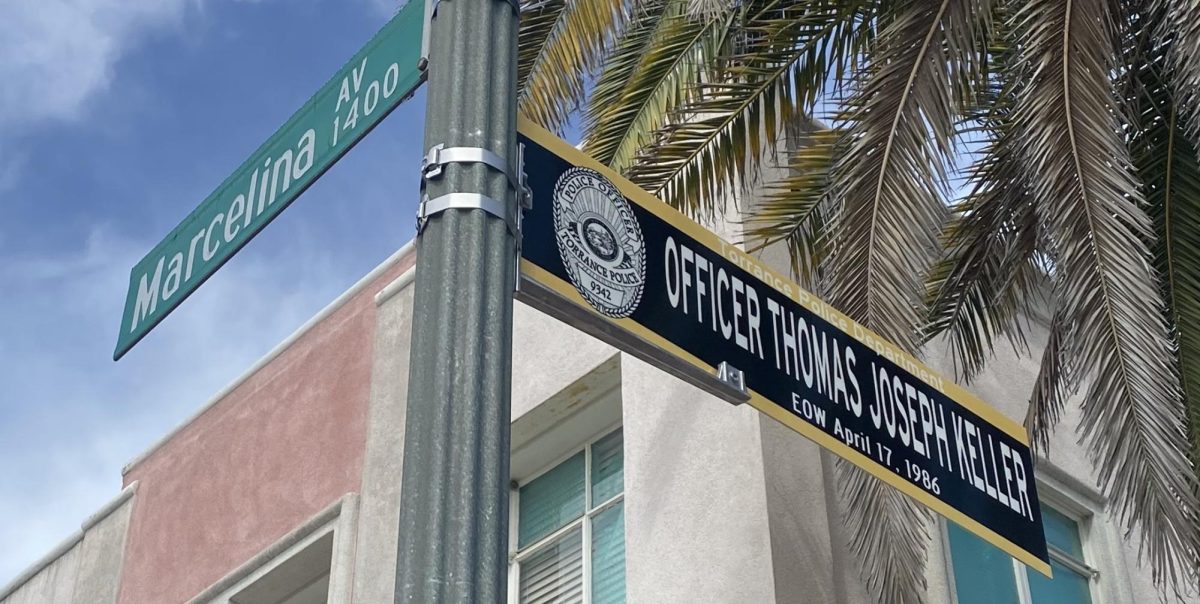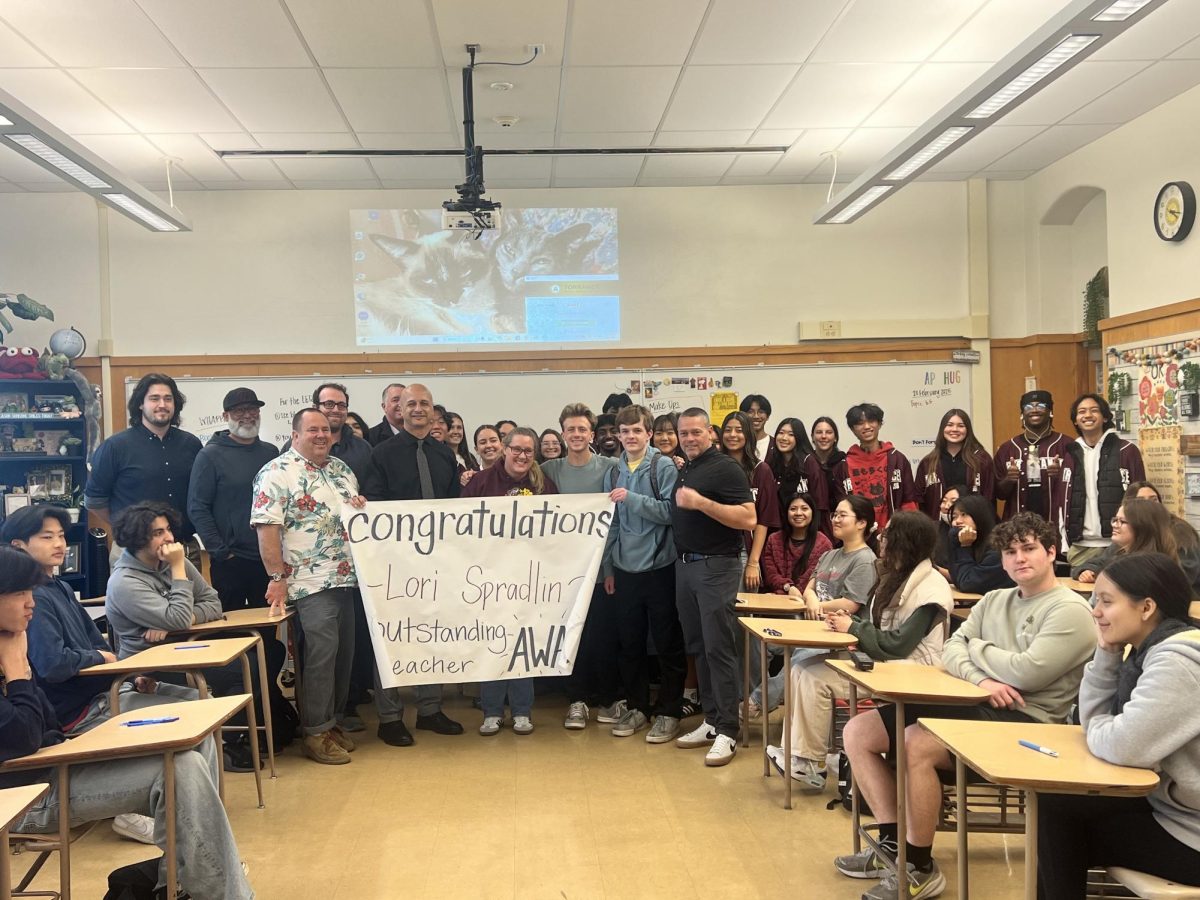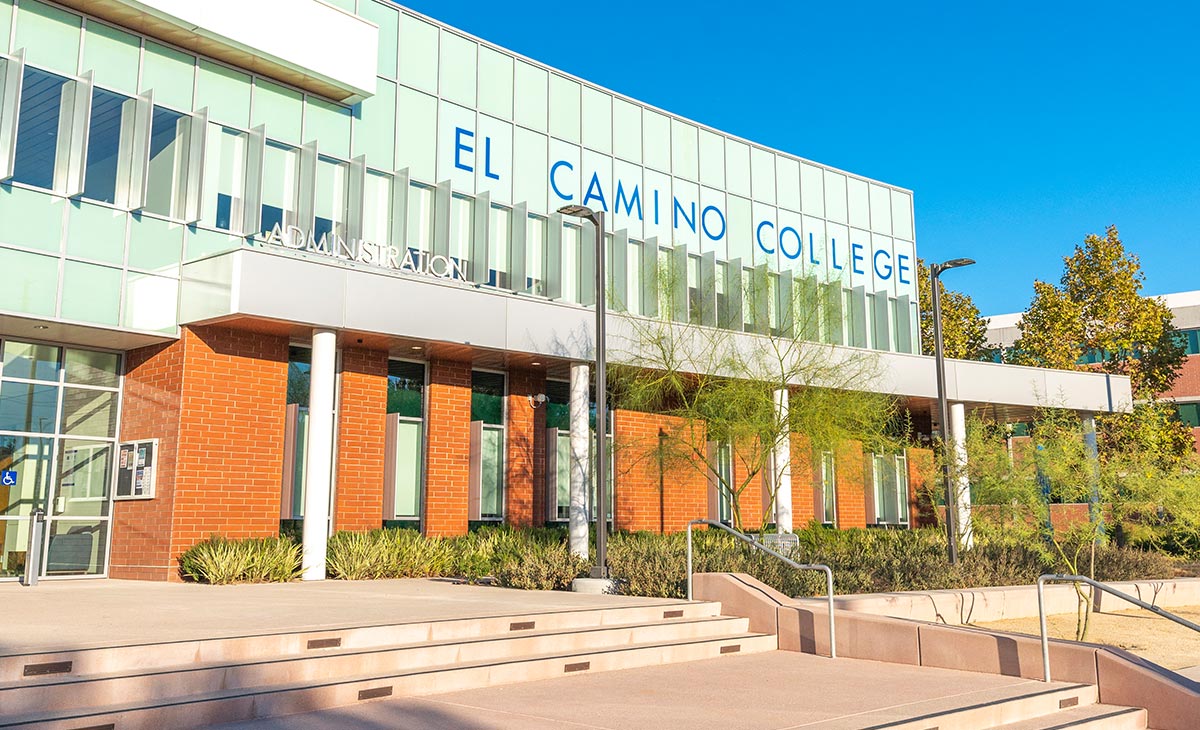College is a daunting topic for many students at Torrance High, especially for the seniors. There’s so much to take into consideration in the process of applying to college, such as creating a college list of where you want to go, figuring out what you want to major in, writing essays, finding letters of recommendation, meeting all the deadlines, and trying to keep good grades and maintain extracurriculars all at the same time. This can cause students to feel overwhelmed and put such things off for later, but that will only add more stress for themselves in the future.
To alleviate some of the anxieties students may have, I decided to send Mrs. Mendoza, College and Career Counseling Coordinator, and Mrs. Takesue, Student Counselor, various questions about preparing for college in the hopes of helping students figure out what to do next and guiding them toward the path to achieve their goals.
How do students figure out what the best major is for them?
Students should take classes or extra curricular activities that most pertain to the subject they’re interested in. Volunteer or get a job in that field to learn more. The earlier the better! It is also worth mentioning that you don’t need to know your major when applying to college. You’ll be able to change majors in most cases, as long as the major you selected is not impacted, but you should have a general idea of the field you want to study.
When making a college list, what should students keep in mind?
Be flexible, your college list will evolve as you do more research. Most students apply to 4-10 colleges.
- Things to heavily consider:
- Have you met the minimum eligibility requirements for the college?
- If not, are you open to attending Community College first to start a “transfer” pathway?
- Does the college you’re considering have your intended major?
- If your major is undecided – are there fields of interest you could be happy with that are offered at this institution?
- Is this somewhere you can see yourself living for the next 4-5 years? (Location/Environment – Things like the weather, things to do in the area, etc.)
- What is the learning environment like? Do you have a preference of “small college/class size” vs. “large college/class size”?
- Financial Aid looks different for everyone, even when the income is similar. What is the cost per year? What aid might you be eligible for, and is the cost of the college realistic to what is actually affordable/worth the investment?
- Have you met the minimum eligibility requirements for the college?
Lastly, (once you have a list going) be honest with yourself about whether you can realistically see yourself attending all of the schools on your list. If one of the factors above don’t totally line up with your ideals, should this college really be on your list?
Who should students go to for letters of recommendation?
“First, find out if the colleges to which you’re applying require letters of recommendation, you only need to ask if they’re required. UCs and CSUs do not accept letters of recommendation. If the schools you’re applying to do accept them, consider selecting a teacher who knows you more recently, preferably in the subject area related to your major, and that you’ve interacted with in their classroom. Some schools will also want you to ask for a letter of recommendation from your counselor as well.”
What advice do you have for writing the best short or long essays for colleges? What are colleges looking for in an essay? What are some ideas you can give to students on what to write about?
Students can review the PPTs from the Summer Essay Workshop Series with this link to get help about how to write good essays and how you should write them.
What would you say to a student who hasn’t done any of these things yet?
It’s not too late, but it’s important to give yourself enough time to research where you might “Live and Learn” over the next few years. Start your college searches and figure out where you’re applying to before you start your essays, and after that you should look into what each individual school you’re applying to needs. Consider making an appointment with Mrs. Mendoza in the College & Career Center to get started on some assessments that could help you narrow down your major/pathway.
What are some important deadlines a senior should keep in mind?
October and November are when most college submission deadlines take place. Some accept in December and January, but the majority of college applications should be completed by November 30th. You should look up the deadlines for the schools you’re applying to.
Financial Aid applications will start in December, and are typically due by March 2nd (FAFSA or Dream Act, and in some cases – CSS Profile, which can have an earlier due date).
Scholarships are on-going throughout the semester. The THS Local Scholarship will open around Thanksgiving break and will give you the most opportunities.
Follow-Up items and To-Do’s from the colleges you’ve applied to (transcripts, supplemental apps/docs, letters of rec) will start almost immediately after you submit your application– do not procrastinate!! If you miss a deadline, you could be missing the chance to attend that college.
What would you say to freshmen, sophomores, and juniors so they can feel like they’re prepared in the future?
For now, focus on joining clubs that you’re interested in and try to seek out opportunities in and outside of school. It’ll help for career exploration and discovering what you’re passionate about, but remember, it’s about quality, not quantity; don’t just join a bunch of clubs, join clubs that you feel like you can enjoy and get growth out of. Maintain your extracurricular membership to show consistency and dedication, and don’t be afraid to climb the ranks and apply for positions or opportunities that will help you display leadership, communication, organization, or any other skills. Keep in mind the scenarios from these activities that you can use in the future as examples to display your skills.
It is never too early to begin college searches as well, whether it be on Naviance, Collegeboard’s bigfuture, or any other resourceful websites online. If you can visit a college, walk around campus, see how you feel, eat at the dining hall if possible, and take note each time you do this so you can remember how you felt there. This can help you find out if you can see yourself attending college. The vibe is really important to a lot of students.
Check the average GPAs for the colleges you’re interested in to see what you’re aiming for and if you’ll have to put more effort to be considered for the school. It’s important to get that context to know what you’re up against and why you might want to push yourself.
Students can also use the career key assessment on naviance to figure what jobs align best with them.
Where can students go to seek more advice and guidance about college?
You can go to your counselor or Mrs. Mendoza to figure out any concerns you may have, but also note that it’s important to start your search on your own because they don’t know what’s valuable to you and it’ll help them guide you in the right direction.
Hopefully this has taken some weight off your shoulders, answered some burning questions you might’ve had, and given you a clearer understanding of what your next step might be. As you journey towards your path to find out what you’ll do after highschool, don’t be afraid to ask for help, and remember that everyone’s path is different. Wishing good luck to all the student readers out there, and extra luck to the seniors, you got this!







